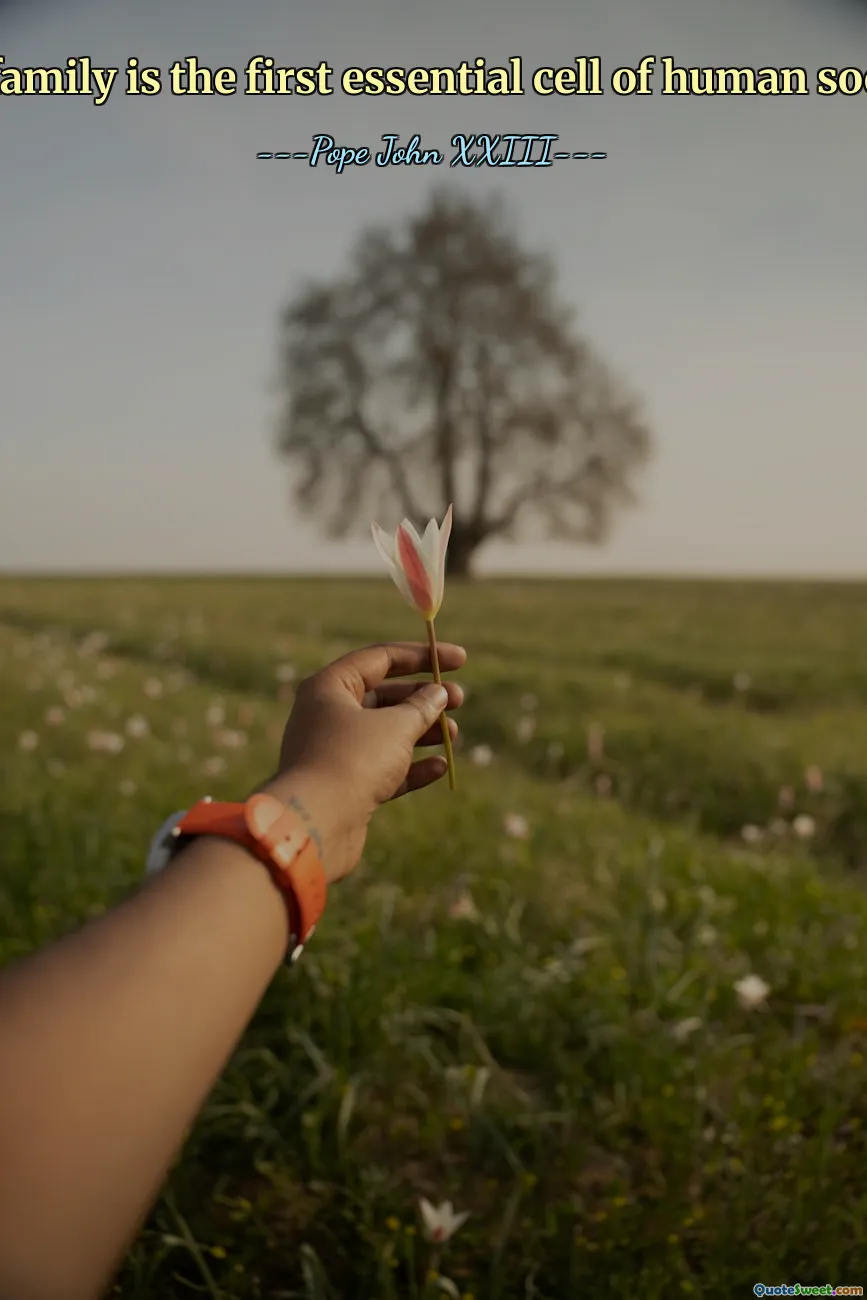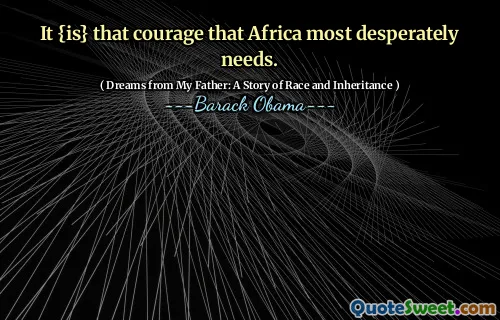
The family is the first essential cell of human society.
Families serve as the foundational building blocks of society, where individuals first learn about love, support, responsibility, and social norms. The importance of family extends beyond mere biological relationships; it embodies a moral and emotional core that shapes a person's character and values. Within the familial setting, individuals develop their identities, acquire social skills, and understand the concepts of cooperation and compassion. A strong family provides stability, encouragement, and guidance, which are crucial for personal development and well-being.
Historically, societies have thrived when families are nurturing and cohesive because this stability transmits to the broader community, fostering social harmony. The familial environment nurtures trust and mutual respect, which are essential for the functioning of any just society. Moreover, families act as protective units that safeguard individual rights and provide care during times of hardship or illness. They serve as primary social safety nets that reduce reliance on external institutions, emphasizing the intrinsic value of close-knit relationships.
In modern times, despite social and technological changes, the family remains a core social institution. It adapts to various forms and structures but fundamentally continues to serve as the first social setting where individuals learn their roles and responsibilities. Recognizing the family's vital role underscores the need to support and strengthen familial bonds and values, ultimately contributing to more resilient and compassionate societies. Ensuring that families are valued and supported is, therefore, essential for the progress and sustainability of human civilization.










